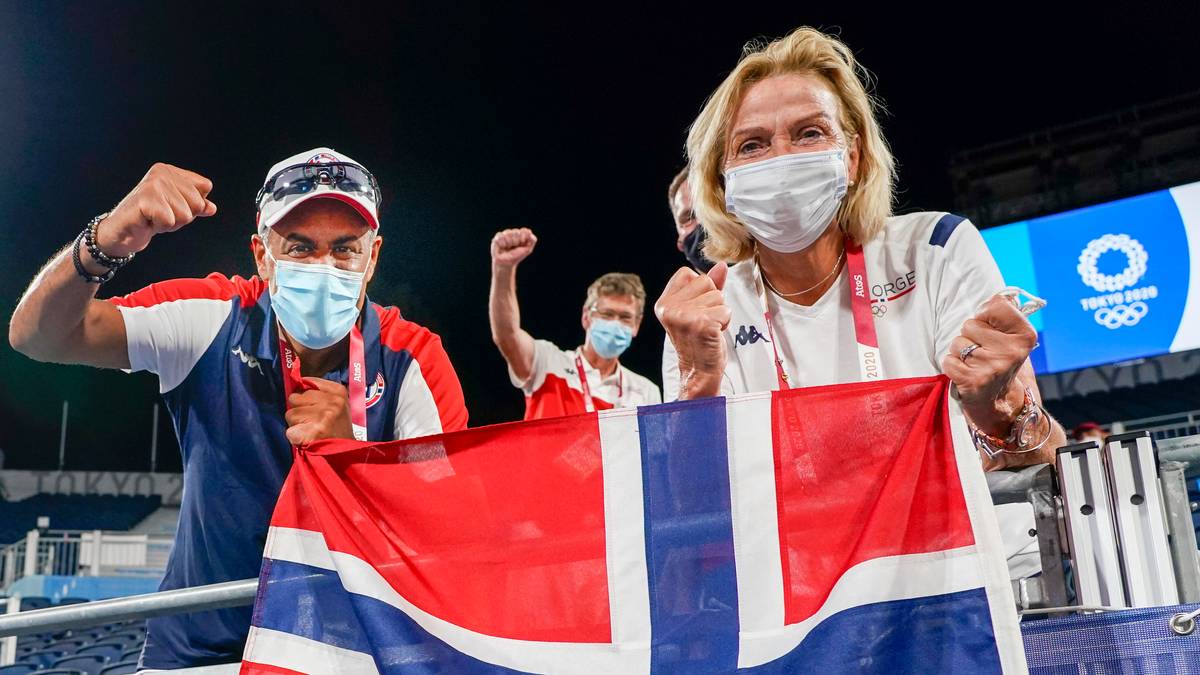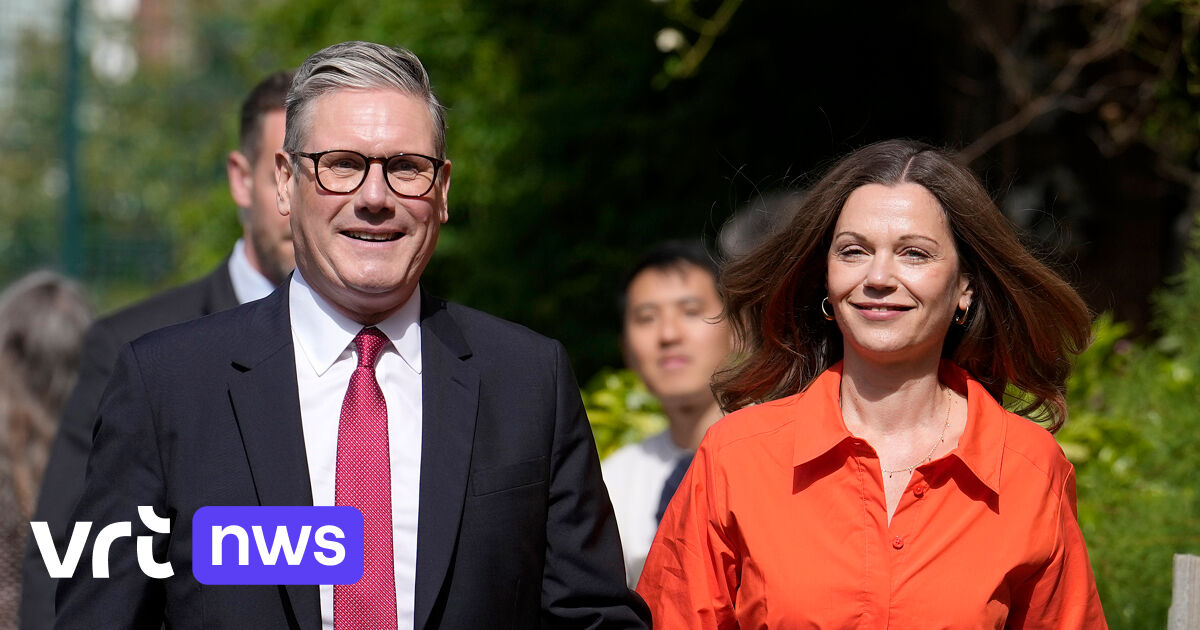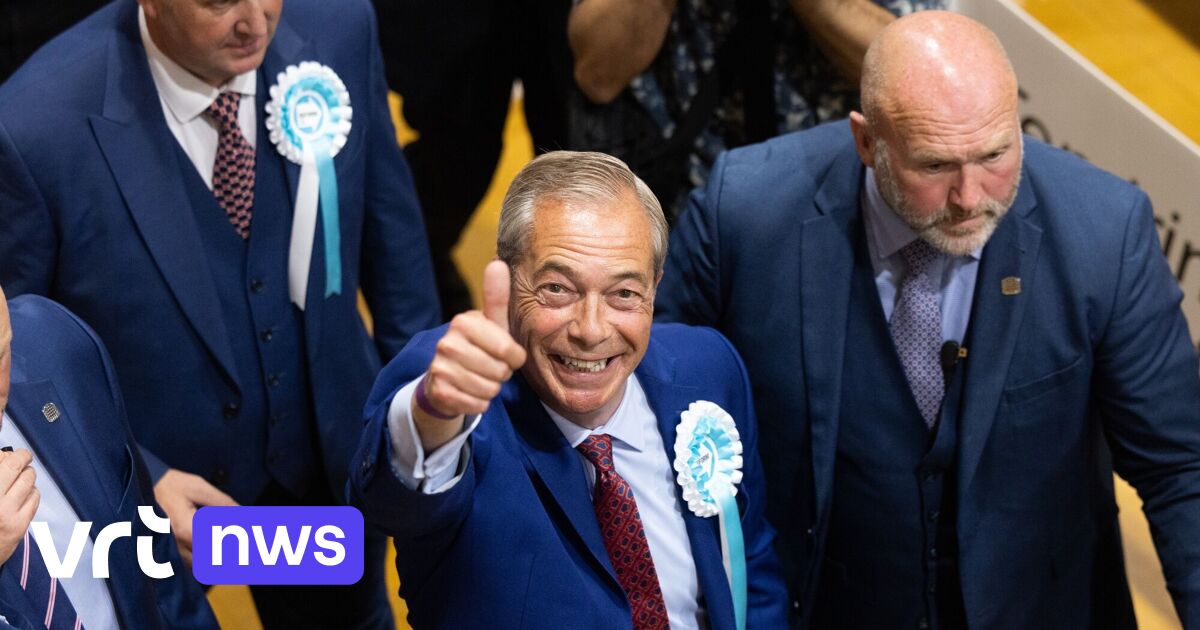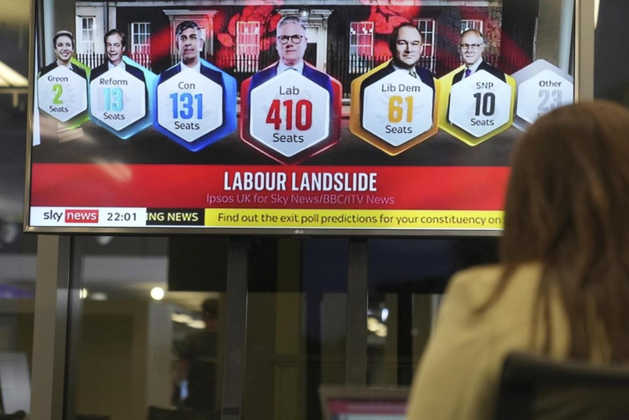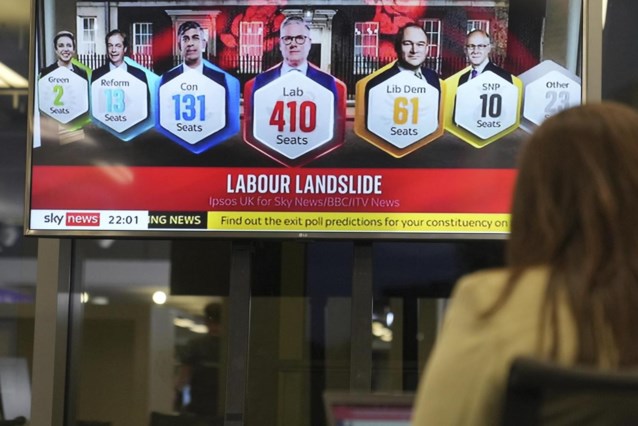This week, our own government received any handshake they could possibly imagine. Or at least it should. The Swedish government decided to did not send representatives to the Olympics in Beijing. At the same time, Sports Minister Anders Ygeman made it very clear to the TT news agency:
“This is not a political boycott”.
Sweden did not send a minister because of the contagion situation in the world.
They did the same this summer with regards to the summer games in Tokyo.
Our own government at that time sent the Minister of Culture, Abid Raja. For the regular Olympics, not the next Paralympics. At that time, both the Minister of Culture and other governments were more concerned with election campaigns. President of Sports Berit Kjøll was also not present at the Paralympics.
CELEBRATION: The then Minister of Sports Abid Raja cheers with Christian Sørum after he and Anders Mol won Olympic gold in Tokyo.
Photo: VEGARD WIVESTAD GRØTT / BILDBYRÅN
To Beijing, but not to the Olympics
The election resulted, as some may have seen, a change of government. The new Minister of Culture and Sports, Anette Trettebergstuen, had decided to cancel the Olympics in Beijing in February, but instead attended the Paralympics in March. This is partly an acknowledgment of the importance of the sport of parades, partly a somewhat disguised kick towards its predecessors.
For the early February Olympics, the government will also send an as-yet-unnamed representative.
However, in principle, there is no difference between the Olympics in China and the OT in China. For the whole discussion of Norwegian diplomatic, as it is often called, his presence revolves around the question of the human rights situation in China.
Political theater
This has become a welcome pretext for a number of major powers to declare a so-called “diplomatic boycott” of the Games, meaning not sending senior official representatives to the Games.
On December 6, the United States was the first country to declare a boycott, when White House Press Secretary Jen Psaki said the decision was made in protest of “heinous human rights violations and atrocities in Xinjiang.” The last known is the Muslim Uighur population, who have been forcibly detained in so-called “retraining camps” in numbers that are supposed to exceed one million.
Since then, the United States has been followed by countries such as the United Kingdom, Canada, Australia, Japan and most recently Denmark and the Netherlands. But not with Norway.
A purely diplomatic boycott is a new phenomenon and neither can it be seen as more than a symbolic celebration, or purely political theatre. But at least temporarily give the desired attention around the situation in China, whether it be in Xinjiang, Hong Kong, Tibet or elsewhere in China.
But in reality, its significance is small beyond upsetting Chinese organizers. Because once the Bird’s Nest opening ceremony in Beijing is over, it’s the sport that will get the full focus, like it or not.

ACCUSED: Foreign Minister Anniken Huitfeldt defended this by saying that it was a «long tradition».
Photo: Heiko Junge / NTB
According to tradition
And in the VIP stands, according to the plan, representatives from Sports Norway and the Royal House and thus the government will eagerly follow. Opposite of Aftenposten Secretary of State Anniken Huitfeldt defended this by saying that there was one «Long Tradition» and continue it “It’s natural for a big winter sports nation like Norway to have a government presence to support our top athletes”.
In normal cases, it is possible.
But for Norwegian ministers, it took more than just tradition to justify traveling to Beijing, as the world looks today.
The Norwegian government’s clear reluctance to insult Chinese authorities goes straight back to the awarding of the Nobel Peace Prize to regime critic Liu Xiaobo in 2010. Over the past 11 years, Norway has spent some time desperately trying to restore some form of political trust.
So it’s inappropriate not to show up when China is hosting the Games.
This is also undesirable from a trade policy point of view. From 2016 to 2019, for example, there were nearly double Norway’s exports of fish and seafood to China, according to Statistics Norway figures.
Then we explain our presence by tradition, not politics.
And promised, as Norwegian politicians always do, to use the opportunity to raise human rights issues with the Chinese authorities. In the knowledge that this is just a pure formality to be taken into account in this context.
My vendor installed
Perhaps the same Secretary of State Huitfeldt had appointed to represent the government during the Olympics. And will do so with the required shame and dignity.
But he and his partner Trettebergstuen, through the spread of the omicron, have been given an unexpected opportunity to escape honorably, without participating in a diplomatic boycott or damaging relations with China to an irreparable degree.
For the Norwegian people there is no need to see their ministers rejoicing in empty stands in Beijing.
And our athletes in the Olympics or the OT certainly don’t need it either. Most likely, they are used more for politicians who take the lead and show that they are taking on the responsibilities dictated by the world situation. Without participating in diplomatic boycotts.
Therefore, they have to stay at home and cultivate what is really the best Norwegian winter traditions.
Like making a safe choice.
Like preparing for a storm and cold.
Like listening to experienced mountain people – especially if they’re also Swedes.
Or, as here, the most important thing of all, is changing the time. Because there’s really no shame in turning around.

“Certified introvert. Devoted internet fanatic. Subtly charming troublemaker. Thinker.”

